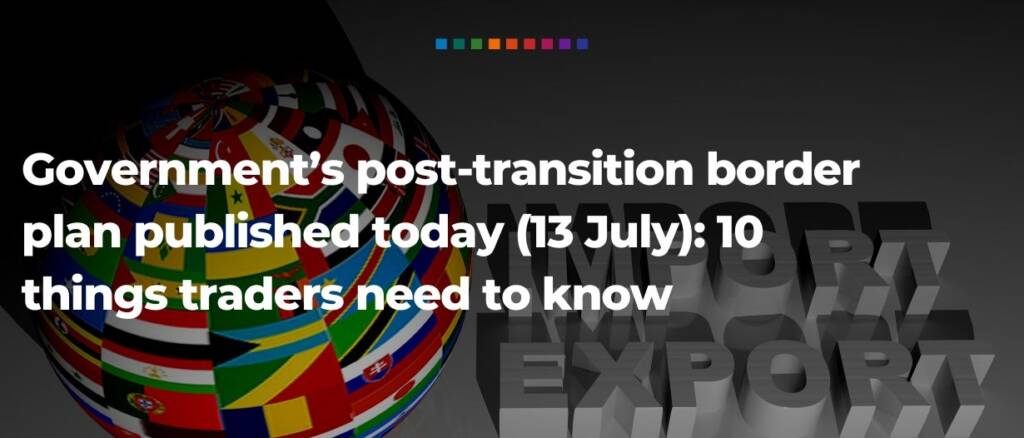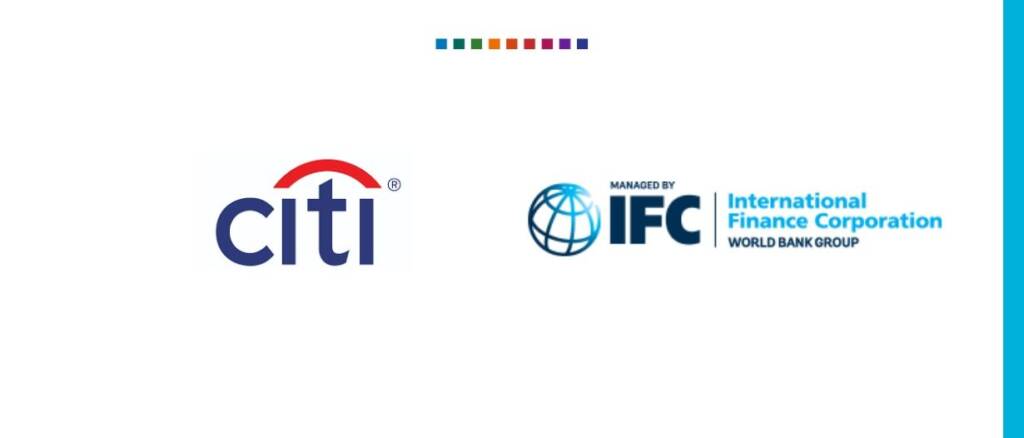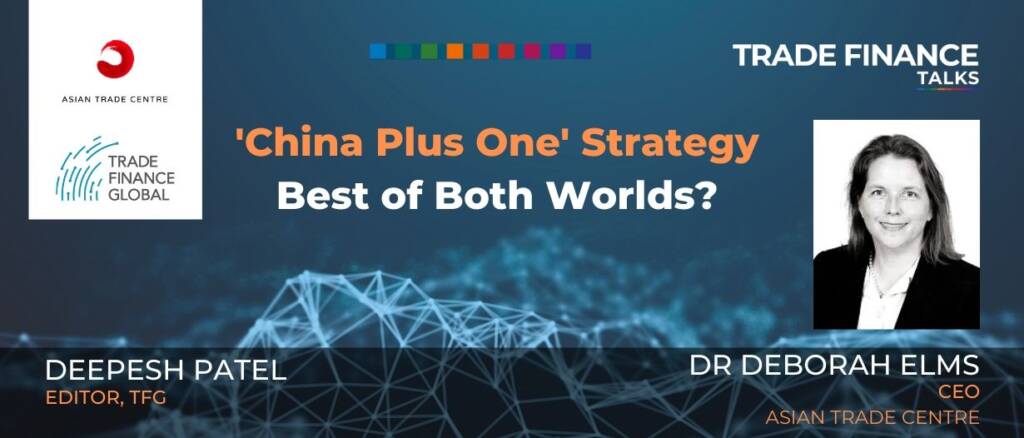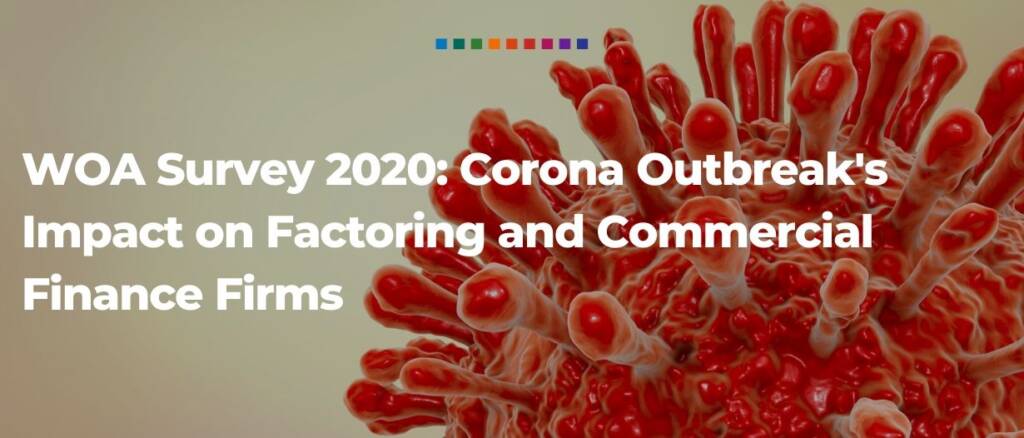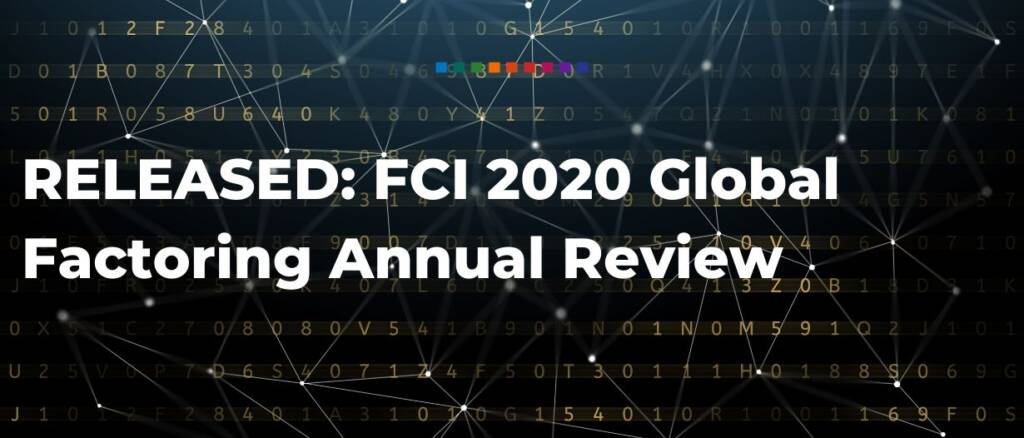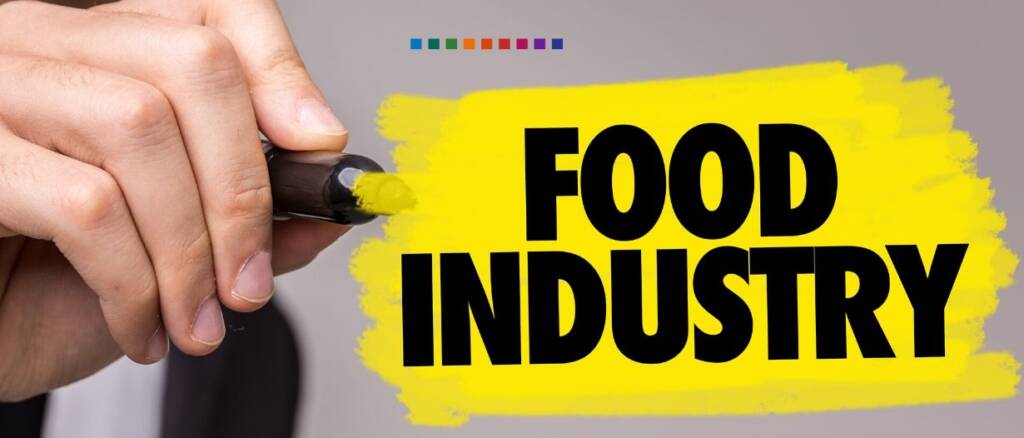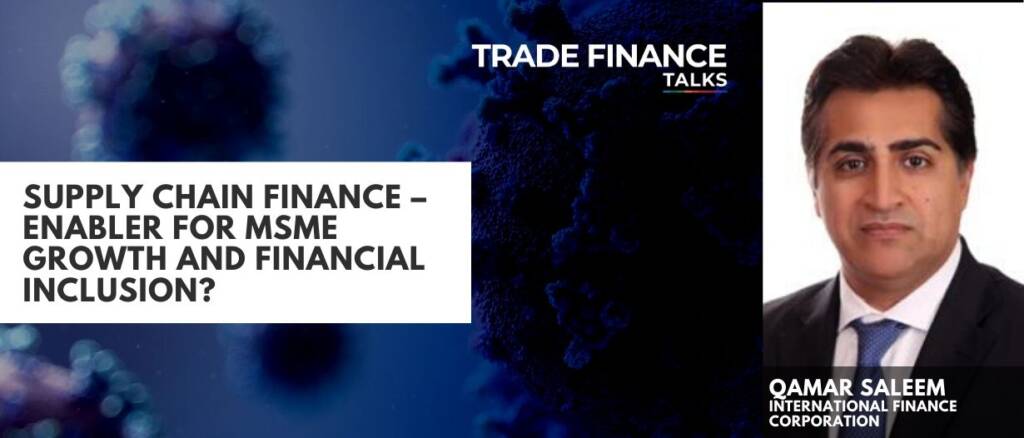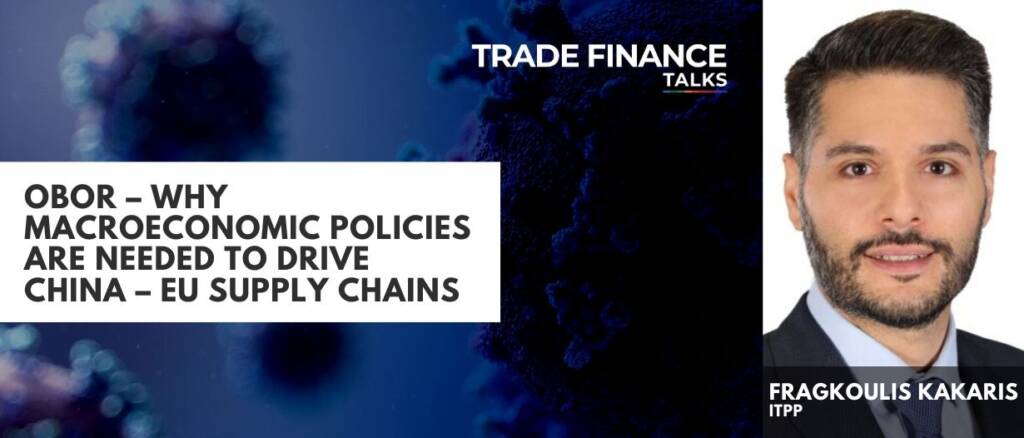The government today (13 July) published its post-transition border plans for goods moving between the GB and EU and provided guidelines for how importers and exporters can prepare for new trade rules.… read more →
We dive deeper into how Covid-19 impacted the shipping industry. Will the cruise liners be able to financially recover from this outbreak?
Washington, D.C., July 23, 2018 – IFC, a member of the World Bank Group, and Citi announced today the signing of a $1.2 billion risk-sharing facility to help stimulate the growth… read more →
TFG heard from Dr. Deborah Elms, CEO, Asian Trade Centre on the impact of COVID19 for businesses in Asia Pacific and how governments and policymakers can accelerate the economic recovery.
WOA took the initiative to survey members, partners and industry leaders in June 2020 about how the virus has affected performance of factoring and commercial finance firms globally.
The FCI Annual Review is a globally recognised publication in the world of Factoring and Receivables Finance.
Package of measures designed to turbo charge UK food and drink as the world recovers from coronavirus The plan will provide unprecedented help for SMEs and allow them to capitalise… read more →
TFG heard from IFC’s Qamar Saleem on the impact of Supply Chain Finance on domestic banks (and in turn, MSMEs,) in emerging and developing markets.
Bike Week 2020 is underway and it’s not just across the UK that the sport is seeing a surge in interest, with exports of UK cycling goods climbing by 15%… read more →
The magnitude and complexity of the OBOR project creates numerous policy challenges for countries in the region seeking to benefit from its implementation thus, the need for policy cooperation.















